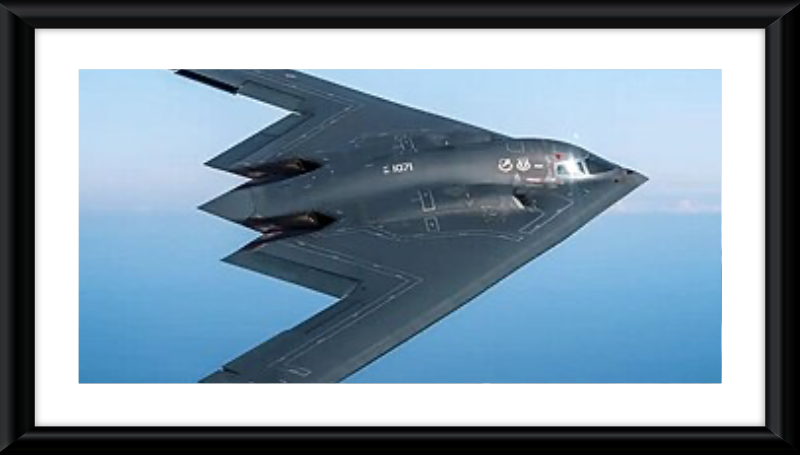Bilal Y. Saab and Darren D. White
War on the Rocks, July 16, 2025
“The conflict reinforced the idea that no nation, however capable, can operate alone in a multi-domain war.”
The outbreak of direct hostilities between Israel and Iran in June represents one of the most significant geopolitical escalations in the Middle East in recent history. What began as a calculated pre-emptive strike by the Israel Defense Forces against Iranian nuclear facilities, under the codename Operation Rising Lion, swiftly evolved into a multi-theater war involving cyber, air, and naval engagements.
Within days, the United States entered the conflict through Operation Midnight Hammer, employing more than 125 aircraft and seven B-2 Spirit bombers — the latter dropping 14 bunker-buster bombs, 30,000 pounds each, against Iranian nuclear infrastructure. U.S. Chairman of the Joint Chiefs of Staff Gen. Dan Caine described the operation as the “largest B-2 operational strike in U.S. history.”
Iran retaliated through a mixture of ballistic missile and drone strikes, as well as cyber attacks. It would have loved to utilize the firepower of its once robust network of armed non-state proxies in the region — Hizballah in Lebanon, Hamas in the Palestinian Territories, the Houthis in Yemen, and the militias in Iraq — but it couldn’t because Israel had done a terrific job of massively degrading their military capabilities (at least Hizballah and Hamas). During the brief but intense Iranian-Israeli confrontation, those proxies remained largely silent either because they couldn’t get into the fight in a meaningful way or because they were unwilling due to domestic political constraints.
While a fragile ceasefire was brokered after 12 days of combat, the nature of the conflict underscored the transformation of modern warfare — hybrid, decentralized, and fought across physical and digital domains. …..SOURCE


